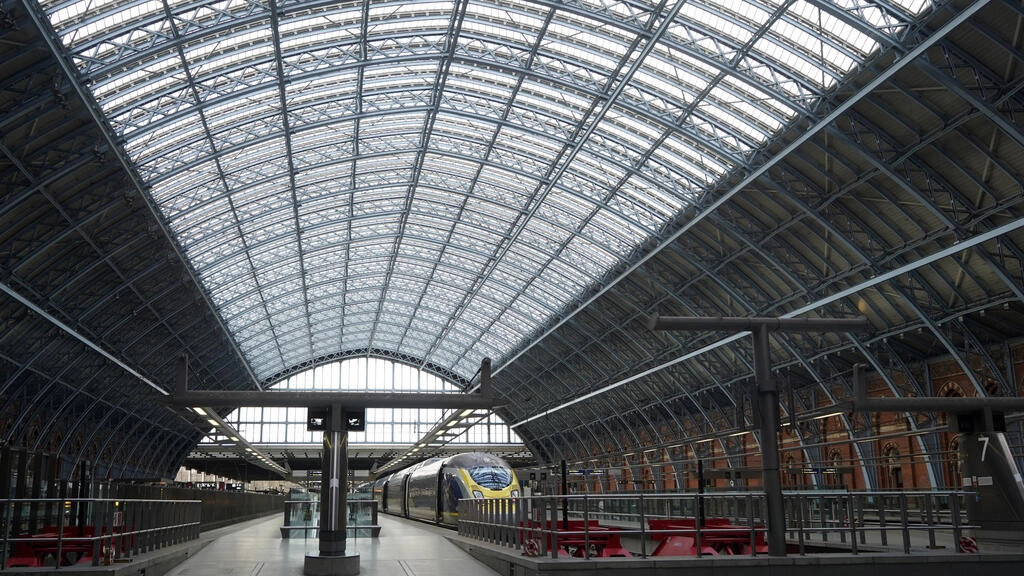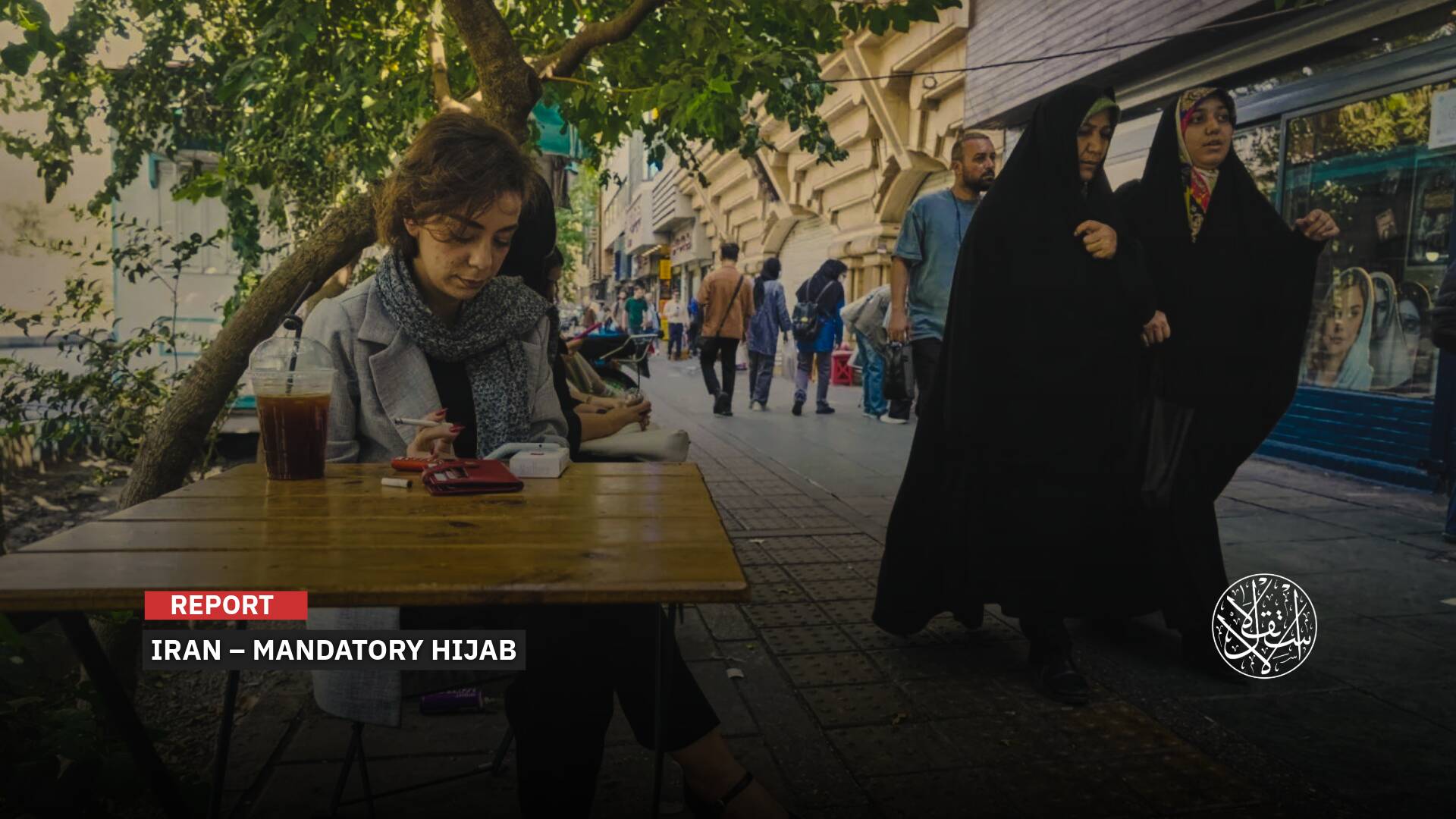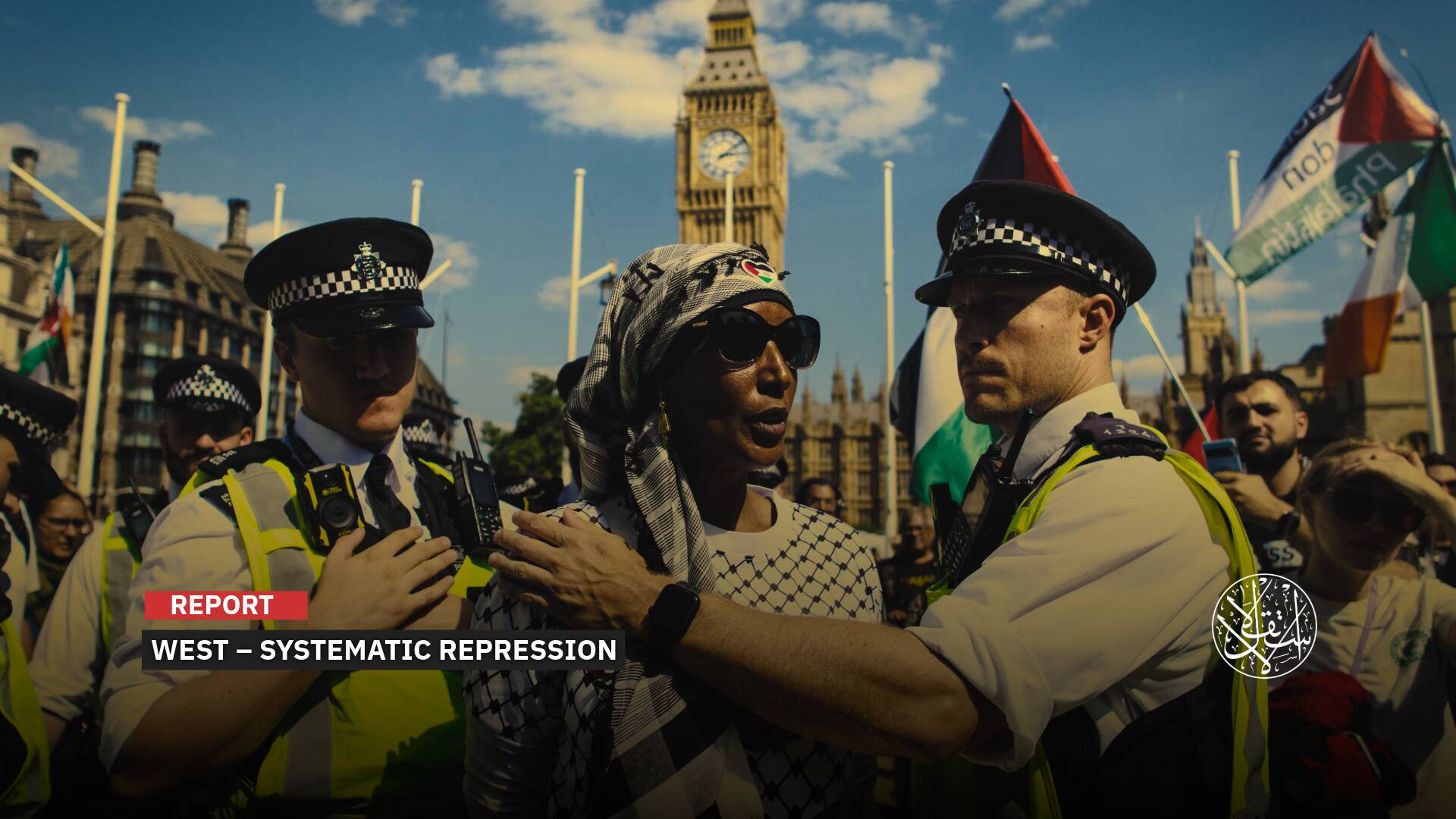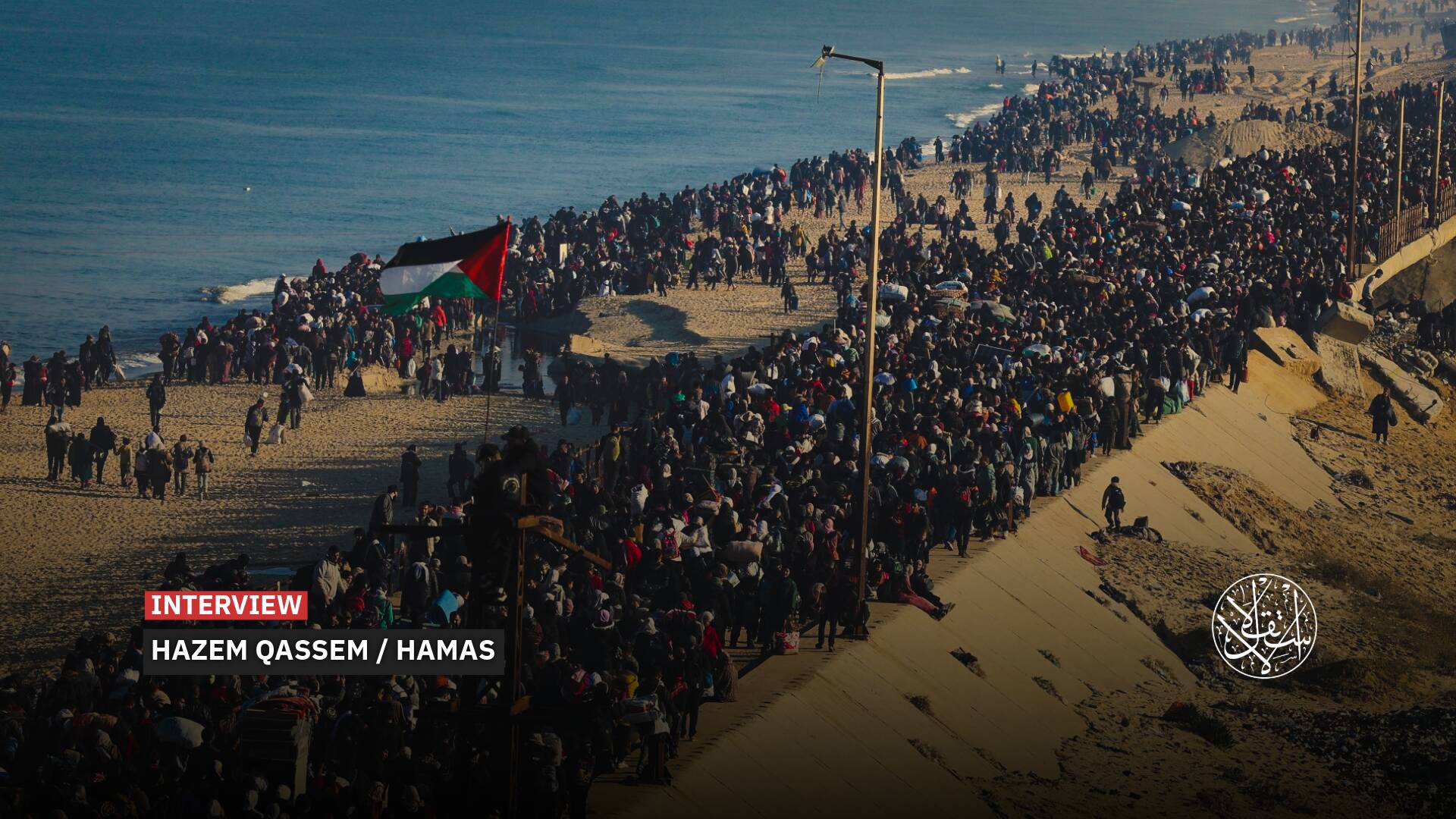The Largest Strike of Railway Workers in 30 Years Exacerbates Britons Crises
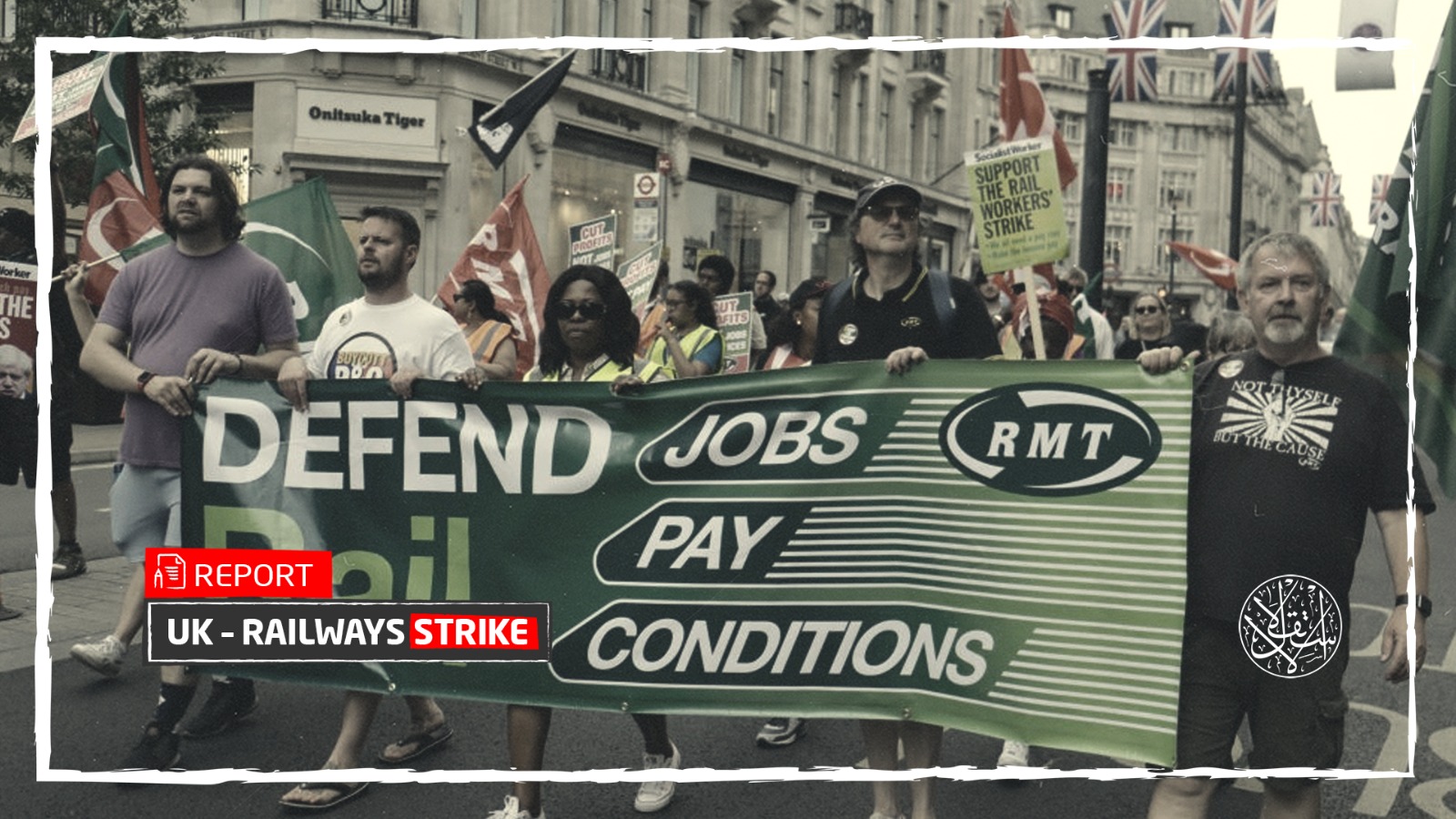
Because of the strike of train and underground station workers, millions of Britons faced travel disruptions in London. Reuters described the strike as the largest strike of its kind in thirty years.
Starting on June 21, the strike of tens of thousands of workers disrupted the order in London city. The workers demanded the readjustment of wages and work conditions accordingly with the rise of inflation. It is expected that the strike could pave the way for widespread industrial strikes across the country.
For 3 days Tuesday, Thursday, and Saturday, more than 40,000 railway workers are on strike. They gathered at the barriers they set up, paralyzing the railway network and leaving the main stations empty, Reuters reported. Moreover, the London Underground is also mostly closed due to a separate strike.
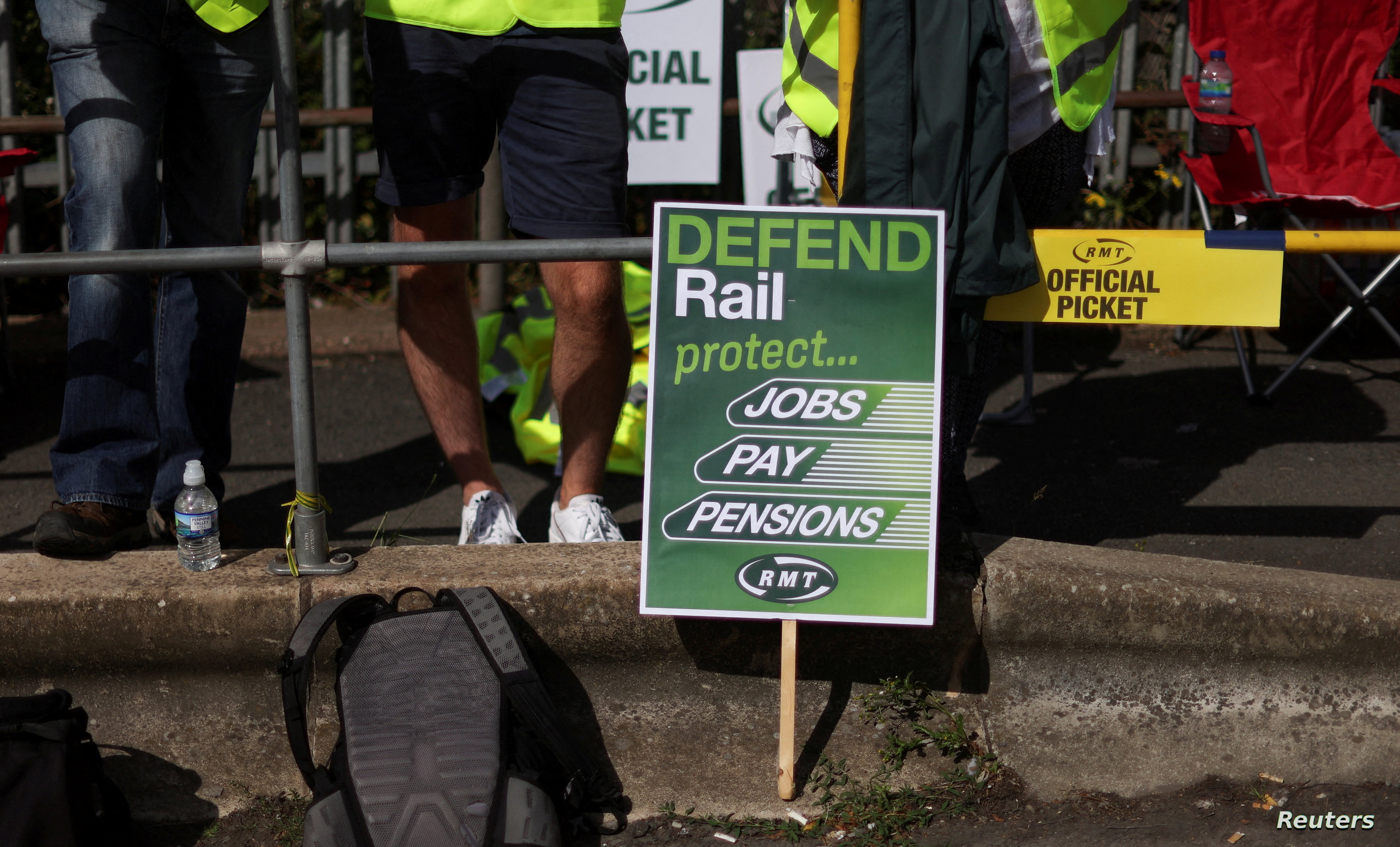
'Summer of Discontent'
British Prime Minister Boris Johnson, who is under pressure to do more for families facing the toughest economic conditions in decades, said: “The strikes would hurt businesses trying to recover from the Covid-19 pandemic.”
On the same truck, the British Transport Minister, Grant Shapps, explained that the government will work to change the law in order to protect the interest of passengers and customers and to reduce the damage resulting from the strikes.
The minister said he was studying "protection measures" for future public transport users, such as "minimum service" or replacing strikers with temporary workers.
From another hand the General Secretary of Rail, Maritime and Transport Workers, Mike Lynch said: "British workers need a pay rise…they need job security, favorable conditions, and a comprehensive deal in general."
The opposition parties denounced the government’s refusal to participate in the talks to settle the dispute.
Britain's economy initially rebounded strongly after the Covid-19 pandemic. However, the labor shortages, supply chain disruptions, inflation, and trade problems emerging after the UK's Brexit from the European Union may cause a recession.
The unions said, according to Reuters, that the railway workers' strikes could mark the beginning of a "summer of discontent" with teachers, medical workers, waste disposal workers, and even lawyers, moving to strike, with inflation approaching 10 percent, due to high prices. food and fuel.
The unions accuse Prime Minister Boris Johnson's Conservative government of standing on the sidelines, even blaming unions and the opposition Labor Party for the turmoil.
Like others across Europe, millions of Britain's population suffer from a rising cost of living, and salaries are not keeping pace with inflation, which has reached 9 percent and is expected to rise further, as Russia's war in Ukraine strains supplies of energy and basic foodstuffs, including wheat.
Tough Conditions
Desperate, hungry, and priced out of the cheapest bag of fruit at the markets, a large section of British society has become cut adrift by the soaring costs. The sharp rise in prices in Britain makes it difficult for many to secure their basic necessities including food and heating. Helpless, many expressed that they have no choice but to request assistance from the food banks. Yet, the food banks also are facing an increasing demand that exceeds their capabilities.
Due to the increasing economic crises, high prices, and record inflation, demonstrations took place in various British cities holding the government responsible for the failed economic policies. Expectations rose that the Labor Party would be able to defeat the Conservatives in the upcoming elections.
Since February, hundreds of demonstrations swept London, along with similar rallies in other cities of the United Kingdom to protest against the high cost of living, which especially affects low-income families.
In the capital, the demonstrators marched behind a black banner calling for “reducing the energy bill,” while another banner called for “freeze Prices, not the poor,” in reference to the high cost of energy that forces low-income families not to heat their homes.
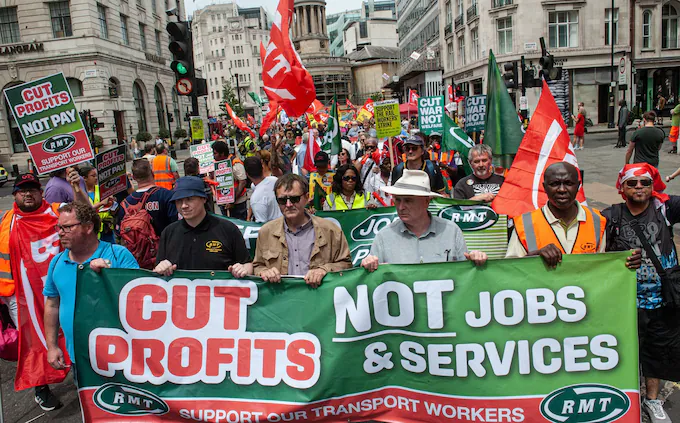
Rising Tension
The 3-days railway strike is an additional burden for Britons who are going through tough times. The strikers denounced the deteriorating working conditions and the expected "thousands of layoffs," as well as low wages.
Transport Minister Grant Shapps said that the strike was "useless," while the general secretary of the striking union, Mike Lynch, blamed him for the situation, replying to him: "This chaos is caused by Grant Shapps and government policy." The strike could extend to other modes of transport or other sectors, such as education, health, and others.
The strike will cause a line of two to be closed and four out of five trains canceled, in order to push force the government to enact better wages and working conditions. Instead of the usual rush-hour crowds, London's Kings Cross station received a handful of passengers on Tuesday morning.
The National Union of Rail, Maritime and Transport Workers (RMT) has criticized the deteriorating working conditions and "thousands of layoffs," which the company operating most of Britain's railways plans to make, and low wages as well.
After the failure of negotiations, the two sides stuck to their positions Tuesday. Transport Secretary Grant Shapps stressed: "We will have to make these reforms no matter what."
In early June, the union confirmed that more than 50,000 railway employees would go on strike "in the biggest conflict in the sector since 1989," when it was privatized, demanding wage increases in line with accelerating inflation.
Grant pointed to a salary offer "on the table" that is "not enough" for the union. He stated that "job eliminations would be voluntary."
Tuesday was the biggest day of mobilization because London Underground employees were also called to strike. Transport for London has warned that the strike will continue on Thursday and Saturday, but its effect will remain every day until Sunday, according to the union.
The strike comes simultaneously with major upcoming events, notably the Glastonbury music festival and state exams.
Some lawyers have already voted for a strike next week, after a dispute with the government over the value of legal advice.


